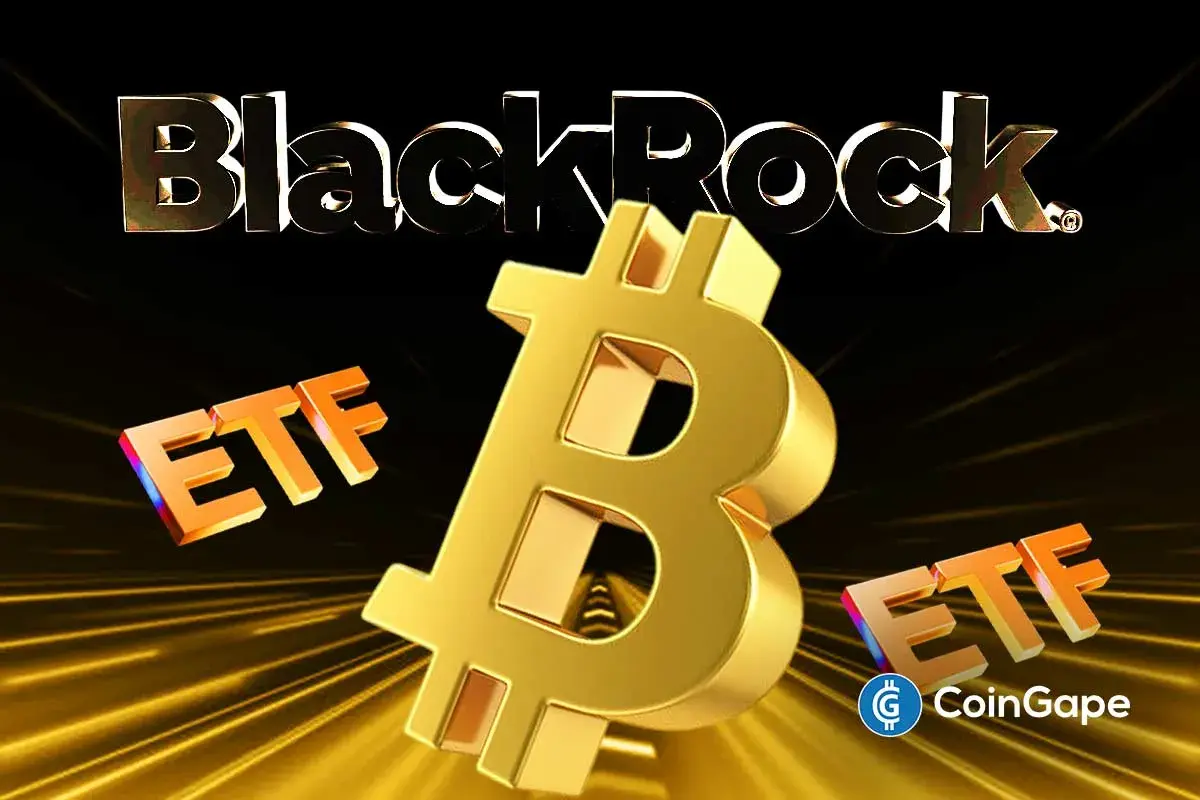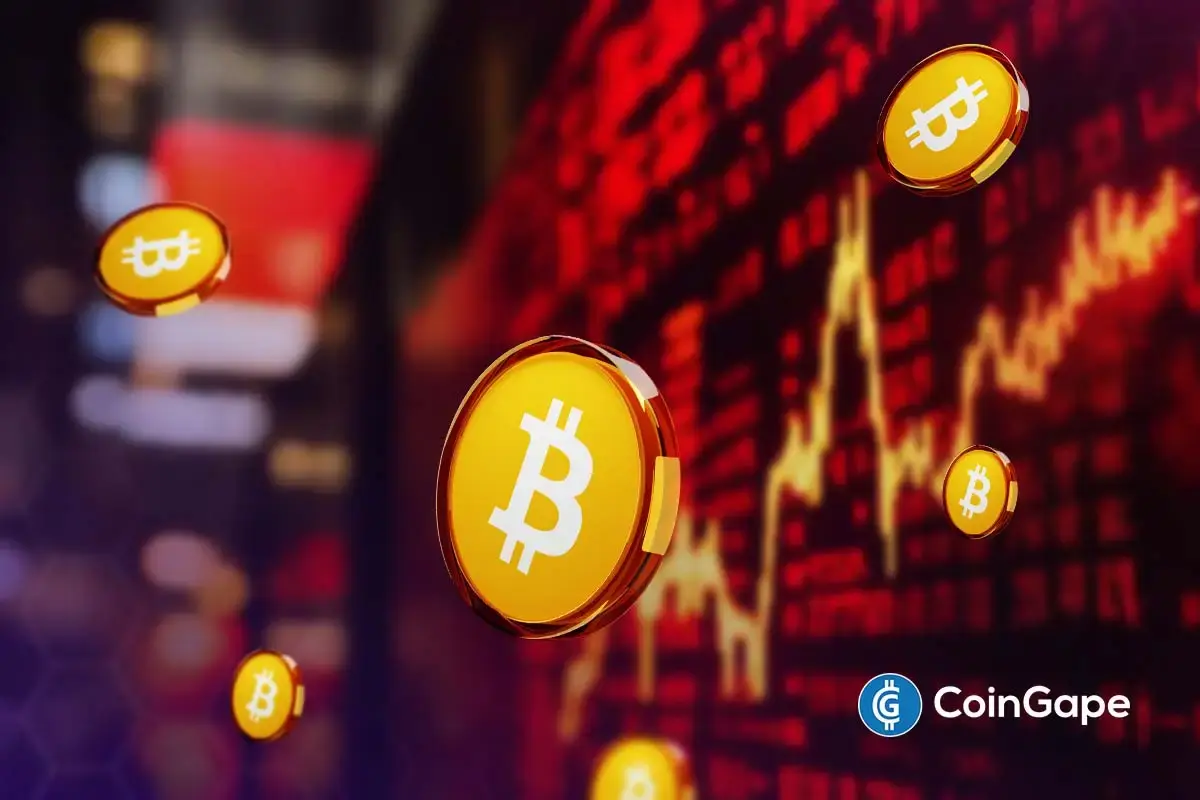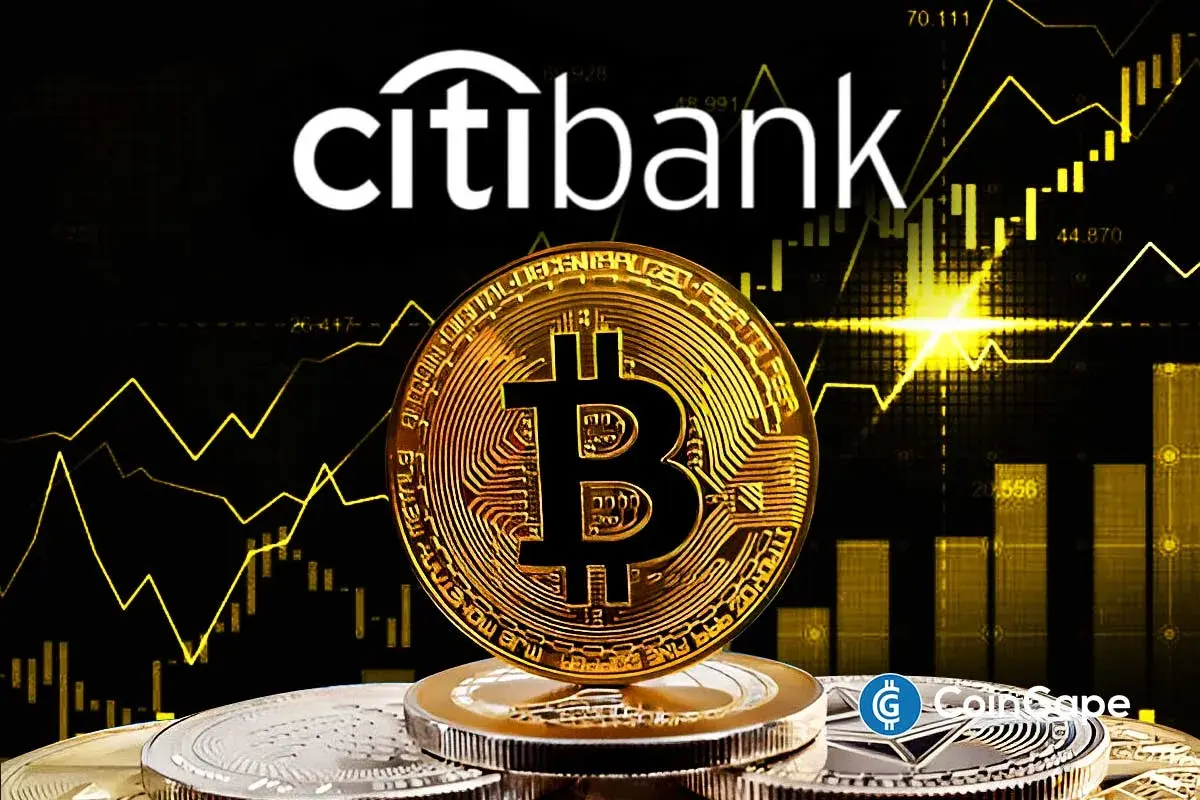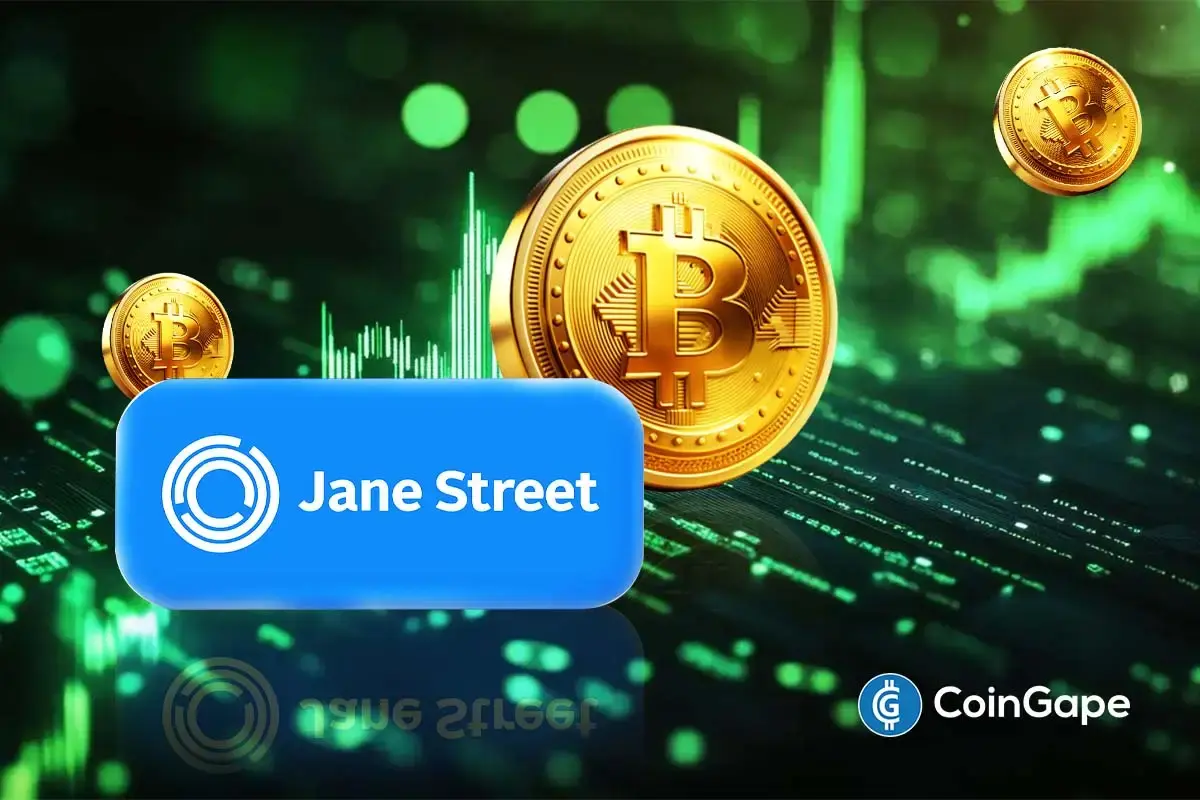Bitcoin Fees Soar Again, Unrelated to Runes or Ordinals Impact

Highlights
- Bitcoin transaction fees have surged to $34.08 for medium-priority transactions, causing a backlog of over 333,400 unconfirmed transactions.
- OKX has been identified as the main contributor to the current congestion due to its internal UTXO consolidation practices.
- Exchanges typically consolidate transactions to manage costs, but such actions by large players like OKX can affect the entire network.
Bitcoin transaction fees have risen sharply, and users are now facing delays due to congestion in the network. The root cause, however, differs from previous incidents related to Ordinals or Runes protocols. Instead, the problem is related to the internal transactions of OKX, one of the biggest crypto exchanges in the world.
Bitcoin Fees Surge to $34.08 Amid Congestion
According to mempool.space, the current fee for a medium-priority Bitcoin transaction is $34. 08. This has resulted in over 333,400 unconfirmed transactions queued in the mempool. There are polar opinions from the crypto community in response to the surge. Some people have suggested implementing better layer 2 solutions and side chains to increase the transaction rate of Bitcoin. On the other hand, this is good for miners as their earnings per block have risen dramatically.
As for the congestion issue, CryptoQuant’s Head of Research, Julio Moreno, identified OKX as the main culprit. He observed that a large part of the activity from OKX was internal and aimed at combining the output. “It was quite an active day for OKX exchange; the majority of the transactions are internal to neaten up the outputs,” Moreno said in the tweet. This consolidation process has also played a big role in increasing transaction fees.
OKX Consolidation Sparks Fee Debate
Bitcoin transactions are recorded in users’ wallets as unspent transaction outputs (UTXOs). Users who want to transfer Bitcoin to another wallet must pay a fee for each output. This can be expensive, especially if the exchange handles many small transactions. To overcome this, exchanges dump all the UTXOs simultaneously when network fees are relatively low. This combines several small inputs into a larger output within the same wallet.
However, a major exchange like OKX carries out such activities that may increase fees throughout the network and affect everybody. Some users have raised this concern, arguing that OKX’s method is ineffective and expensive. Casa’s co-founder Jameson Lopp noted that “It’s not hard to have an engineer spend a few hours writing an alert for transaction fee changes greater than X standard deviations.” Such a statement underlines the possibility of improved handling of the process to prevent such fee hikes.
The crypto community has had a rather divided reaction to the fee increase. Some developers expressed their discontent with OKX’s consolidation method, stating that it was rather aggressive and resulted in high fees. They argued that better and more proactive management of transaction fees could avert such situations.
Also Read: Judge Alerts Possible Juror Bias in Trump Verdict Ahead of US Election
Play 10,000+ Casino Games at BC Game with Ease
- Instant Deposits And Withdrawals
- Crypto Casino And Sports Betting
- Exclusive Bonuses And Rewards

- XRP News: Ripple-Backed Ctrl Alt Completes $280M in Diamond Tokenization on XRPL
- Bitwise CIO Calls Bitcoin Selloff ‘Classic Cycle,’ Dismisses Manipulation Rumors
- Cardone Capital Takes Real Estate On-Chain With $5B Tokenization Plan
- Senator Elizabeth Warren Targets Trump-Affiliated World Liberty Financial Over Bank Charter Bid
- JPMorgan Projects Bullish Crypto Market in H2 Following CLARITY Act Approval
- Top 2 Price Predictions Ethereum and Solana Ahead of March 1 Clarity Act Stablecoin Deadline
- Pi Network Price Prediction Ahead of Protocol Upgrades Deadline on March 1
- XRP Price Outlook As Jane Street Lawsuit Sparks Shift in Morning Sell-Off Trend
- Dogecoin, Cardano, and Chainlink Price Prediction As Crypto Market Rebounds
- Will Solana Price Rally to $100 If Bitcoin Reclaims $72K?
- XRP Price Eye $2 Rebound as On-Chain Data Signals Massive Whale Accumulation

 Buy $GGs
Buy $GGs

















